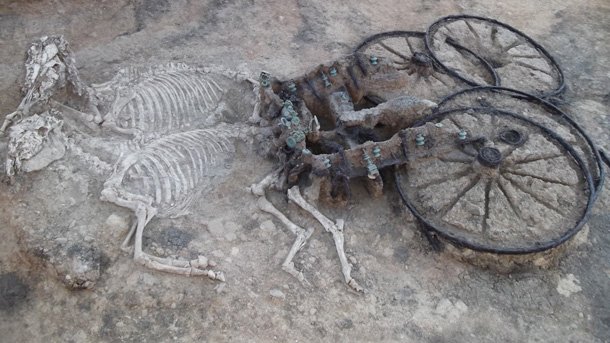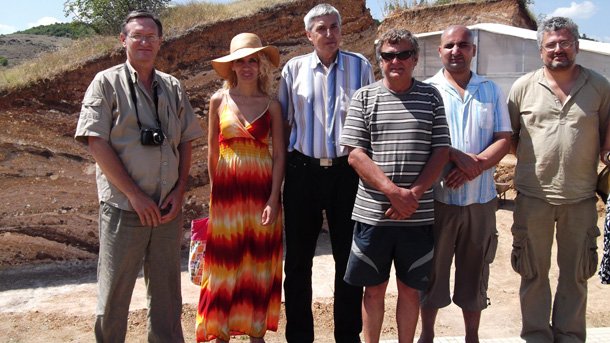
© Photo: Associate Prof. Krassimir Koev

© Photo: Associate Prof. Krassimir Koev
All Souls' Day (Zadushnitsa in Bulgarian) is an important day for many Christians. On this day, we remember deceased relatives and loved ones. The first of the three All Souls' Days of the year, also known as the Great or All Souls' Day, falls on the..
152 years after Bulgaria lost its beloved son and advocate for a free, independent and tolerant state – Vasil Levski, his personality continues to excite and inspire Bulgarians from all generations. Scholars continue to study the work of the Apostle..
Vasil Levski is a Bulgarian revolutionary and national hero who fought for the Liberation of Bulgaria from the Ottoman Empire. He is an ideologist, founder and organizer of the Internal Revolutionary Organization, for which grateful..
All Souls' Day (Zadushnitsa in Bulgarian) is an important day for many Christians. On this day, we remember deceased relatives and loved ones. The first of..

+359 2 9336 661
